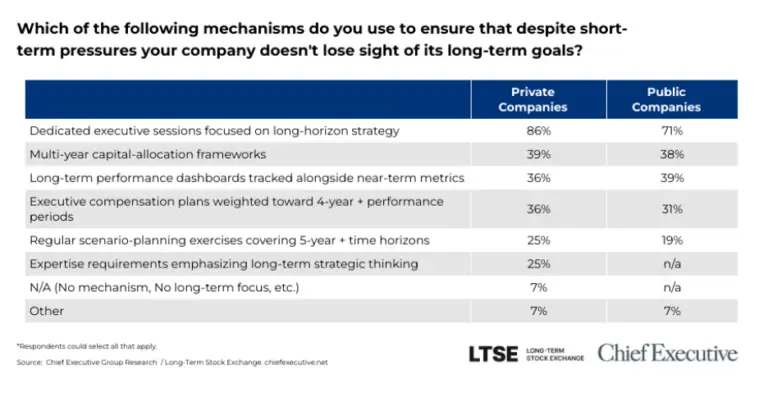Wyoming, Florida, and Indiana rank among the ten best states for taxes on business, while companies in states like New York, New Jersey, and California must struggle with the worst tax codes in the country, according to the newest edition of the Tax Foundation’s State Business Tax Climate Index.
Several states have moved in the rankings since last year, with Texas dropping out of the top ten for the first time, landing at number 11, and Virginia and Kentucky both falling three places to No.26 and No.27, respectively. On the positive side, Arizona climbed five ranks to No.22 and Kansas shot up six spots to No.20. Several other states also saw smaller changes.
“The states that lost ground this year usually did so because they changed policy in a way that makes the tax code more complex, burdensome, or economically harmful,” said Tax Foundation economist Scott Drenkard. “By contrast, the states that improved did so because they are moved closer to a tax code that collects revenue without unnecessarily distorting business decisions. Their tax codes became more neutral.”
Drenkard told Chief Executive that there are recent developments that will definitely alter their rankings going forward. “North Carolina in its last legislative session undertook comprehensive tax reform reducing rates and eliminating some taxes, but this won’t go into effect until next year,” he said. It’s possible the tar heels could jump to No. 17 next year from its current standing among the bottom 10. One reason why Texas slipped from the top 10 into 11th place is that it hasn’t done much to modify its margin tax, a gross receipts tax. It’s one of four states that still has one. It functions like a sales tax but at multiple levels so it can easily pyramid up. Texas, however, is reducing the tax from 1 percent to 0.95 percent in 2014, so this may allow Texas to regain lost ground. “Texas being Texas, they may even get rid of the margin tax altogether,” Drenkard adds. Owing to Minnesota’s recent increase in its personal income tax from 7.85 percent to 9.85 percent, that state’s overall ranking will likely drop from 45 to 47 next year. This would move it up a notch or two among the 10 lowest ranked states. Ouch.
The State Business Tax Climate Index, now in its 10th edition, collects data on over a hundred tax provisions for each state and synthesizes them into a single, easy-to-use score. The states are then compared against each other, so that each state’s ranking is relative to actual policies in place in other states around the country. A state’s ranking can rise or fall significantly based not just on its own actions, but on the changes or reforms made by other states.
Tax Foundation Ranking (Chief Executive’s 2013 Best/Worst States Ranking)
The top ten states are:
1. Wyoming (17)
2. South Dakota (18)
3. Nevada (9)
4. Alaska (33)
5. Florida (2)
6. Washington (36)
7. Montana (24)
8. New Hampshire (26)
9. Utah (12)
10. Indiana (5)
The 10 lowest ranked states are:
1. Maryland (41)
2. Connecticut (45)
3. Wisconsin (17)
4. North Carolina (3)
5. Vermont (39)
6. Rhode Island (37)
7. Minnesota (30)
8. California (50)
9. New Jersey (46)
10. New York (49)
“The goal of the State Business Tax Climate Index is to start a conversation with policymakers about how their states fare against the rest of the country,” said Drenkard. “With this report, we’re asking: ‘how well is your tax code structured? Are businesses in your state spending too much time complying with onerous tax provisions? Are you double taxing things you shouldn’t?’”
Tax Foundation Background Paper No. 68, “2014 State Business Tax Climate Index” by Scott Drenkard and Joseph Henchman is available online.
Read: https://taxfoundation.org/article/2014-state-business-tax-climate-index
Read: https://chiefexecutive.net/best-worst-states-for-business-2013






